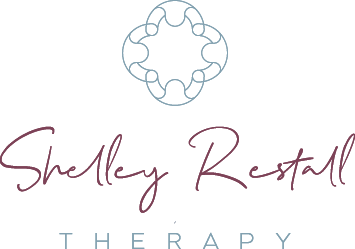Understanding the Process of Therapy.
UNDERSTANDING THE PROCESS OF THERAPY
How We’ll Work Together in Therapy
Starting therapy can bring a sense of relief about getting some clarity and understanding about what to do next to shift out of this anxious distressed state you’ve been stuck in. Understanding what therapy involves can be helpful for you to feel more comfortable with what to expect.
Therapy is a process. It’s an opportunity to feel heard, seen, validated, and challenged to make changes you desire in your life.
Therapy provides you with different perspectives of how to think about something differently. It challenges your thinking, provides you with opportunities to learn new coping strategies and new ways of communicating.
Consult Call
You have options in how to start therapy. You can seek out a Free Consultation to start with or just schedule the first full session. A free consultation is a brief 15 minute conversation that takes place over video call, or phone call to answer any questions you have about starting therapy. It provides an opportunity for you to make sure this is the best fit for you. During this call, we’ll talk about what you’d like to resolve, or accomplish in therapy and how I can support you in this journey. You can schedule a free 15 minute consultation call with the online booking site here.
Starting Therapy
If you determine that my therapy services are a best fit, then we will proceed with scheduling a first session to begin. During the sessions we will explore your concerns, your history related to the presenting concerns, and understanding what you hope to accomplish in therapy. I will provide some feedback and offer guidance about what therapy modalities will be used and what the process of therapy can look like. This feedback is provided across several sessions given the assessment takes place ongoing, and not just in the first session. Each session includes spending 50 minutes either weekly or biweekly, diving deeper into what has brought you to therapy and building the coping skills to support yourself, working on healing through the therapeutic process of a professional psychotherapy relationship. In sessions, you can process whatever is on your mind. You get tools and exercises designed to help you to meet your goals. Our goal is that you walk away feeling heard, understood, and connected with someone who genuinely cares. The focus is to help you get clarity on the obstacles in your way, these can include patterns of self-sabotage, sometimes it’s self-limiting thoughts and beliefs, and overwhelming emotions related to dysregulation. We all can improve the relationship we have with ourselves at anytime in our life.
Moving Forward
Once you’ve achieved all of your therapy goals and the time feels right to you, you’ll be able to move forward from therapy. It’s important to be aware that therapy is most often a longer term process, and it’s common that people will attend therapy for a life time, years, or months. Sometimes therapy sessions are focused on only solution oriented sessions, and this may be a shorter term experience of attending therapy. There is no one specific way you have to attend therapy, or a specific duration, you have the right to determine what works for you and your concerns. When you feel ready to terminate therapy, you’ll have the tools and understanding to handle your stressors, anxiety, and moments of “challenge” with insights and skills you’ve learned in therapy. It’s important to note that it’s normal to return to therapy after you feel that you’ve already completed therapy. Many people find that having a commitment to therapy for a lifetime is helpful, especially if you are someone who has a history of trauma, adverse life experiences, or in general just have a commitment to always working on improving yourself.


